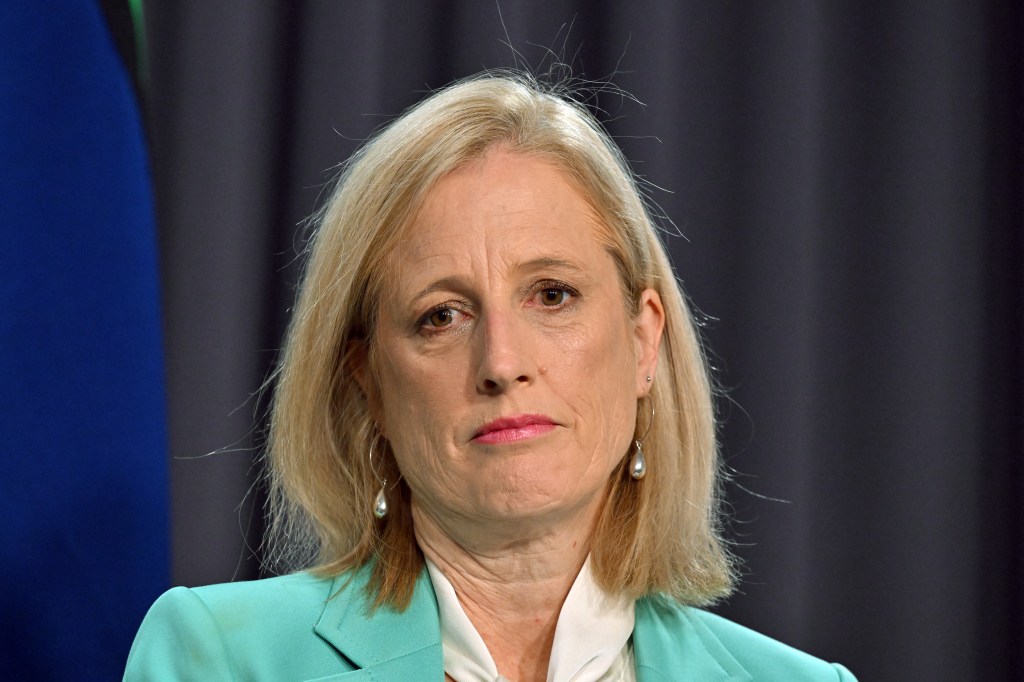
Five key announcements have been highlighted by the public service minister in the 2024-25 budget as public service measures to secure the nation’s future prosperity with emerging technologies needed for Australia’s clean energy transition. Strong results from cuts to consultant spend have also got a big tick.
Katy Gallagher said the task called on giving extra budget resources to help the APS deliver on the government’s commitments.
“After a decade of delay and inaction on the clean energy transition, the government has had to rebuild the public service’s capability to manage the economic transformation required to effectively address climate change and deliver the required energy transition,” Gallagher said.
The minister named six government departments and agencies in budget paper no. 4 to deliver ambitious measures under the Nature Positive plan. She suggested this would help confront the clean energy transition and emerging technologies challenge Australia faced.
This included resourcing the Department of Climate Change, Energy, the Environment and Water (DCCEEW), the Department of Industry Science and Resources (DISR), Geoscience Australia, the Department and Foreign Affairs and Trade (DFAT), the Department of Finance, and Treasury.
DCCEEW has the lion’s share of the work to deliver on Nature Positive, and one of its first-order agenda items was to help draft legislation to establish Labor’s Net Zero Economy Authority.
The minister said DCCEEW had delivered “significant policies and programs” to drive climate action in Australia and transform the national energy system so that it delivered cheaper and more reliable power.
The department has also helped with the conservation, protection and sustainable management of environment and water resources.
“The government has established the [new] … DCCEEW to play an important role in powering Australia with cheaper, cleaner and more reliable energy; with the public service playing a critical role in supporting the net zero industry and job creation,” Gallagher said.
“Over successive budgets, investments in DCCEW has enabled the department to reduce its reliance on contractors from 22.5% of the total workforce in September 2022 to 10.6% currently,” she said.
“Reliance on external consultancies by the department has fallen by over 40% in the first half of 2023-24.”
DCCEW was also praised in the budget papers for achieving a clearance rate of 84% for environmental approval decisions being delivered in the statutory timeframe. That is an improvement of a 46% clearance average under the former government.
The minister said extra funding for the department (also shared with DISR) was being invested to deliver the 2024 national hydrogen strategy and roll out early policy initiatives to expedite the development of green metals and critical minerals industries in Australia.
“Rebuilding the capacity of the public service will also facilitate renewable and clean energy projects,” Gallagher said.
On the finance and administration side of the ledger, DFAT and Finance are working together to establish a new domestic national interest account that will support investments aligned with the ‘Future Made in Australia’ agenda.
Treasury will also be overseeing a new national interest framework and community benefit principles as part of its work coordinating the development of ‘Future Made in Australia’ legislation.
“A treasury taskforce will also lead consultation on a new ‘front door’ for major projects, which will streamline how investors and business interact with the government, helping them to navigate approvals processes and fast-track major projects where possible,” Gallagher said.
READ MORE:
APS culture needs a serious shake-up to deliver Albo’s lean, green, electric dream

